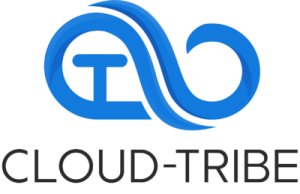In the dynamic landscape of web hosting, choosing the right service is pivotal for the success and performance of your online presence. Two common options that cater to different needs are Shared Hosting and Dedicated Hosting. Each comes with its own set of advantages and drawbacks, making the decision a crucial one. Let’s explore the features of each to help you determine which service is right for you.
Shared Hosting: Affordability and Simplicity
Pros:
- Cost-Effective: Shared hosting is typically more budget-friendly, making it an ideal choice for individuals or small businesses with limited financial resources.
- Ease of Use: Shared hosting is user-friendly, with the hosting provider managing server maintenance, security, and technical issues. This allows users to focus on building and managing their websites without the need for advanced technical knowledge.
- Resource Sharing: Resources such as bandwidth and storage space are shared among multiple users on the same server, making it a suitable option for websites with moderate traffic.
Cons:
- Limited Resources: Sharing resources means that if other websites on the same server experience high traffic or resource usage, it can impact the performance of your site.
- Less Customization: Shared hosting environments have limitations on customization and configuration options compared to dedicated hosting.

jump to a similar post
Dedicated Hosting: Unparalleled Performance and Control
Pros:
- High Performance: With dedicated hosting, your website has access to all the resources of a single server. This results in faster loading times, increased stability, and better overall performance.
- Full Control: Users have complete control over server configurations, allowing for a high level of customization to meet specific website requirements.
- Enhanced Security: Dedicated hosting provides a higher level of security, as the server is not shared with other users who could potentially pose a security risk.
Cons:
- Higher Cost: Dedicated hosting is generally more expensive than shared hosting, making it less suitable for individuals or small businesses with limited budgets.
- Technical Expertise Required: Managing a dedicated server may require a certain level of technical expertise. Users need to handle server maintenance, updates, and security measures or employ a dedicated administrator.
Choosing the Right Service for You





